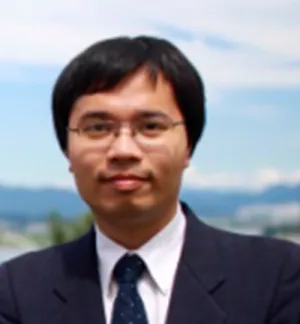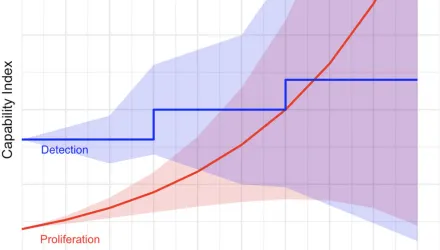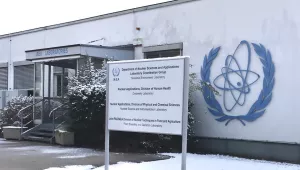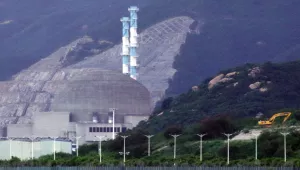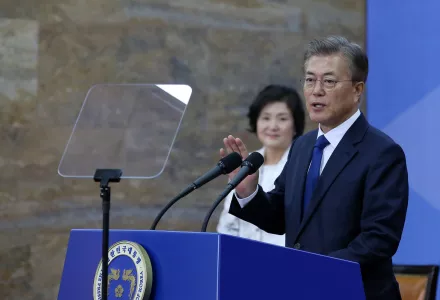
The Past, Present, and Future of Nuclear Energy in South Korea
Although South Korea adopted nuclear energy later than countries like the United States, Russia, or France, the country, until recently, has been considered to have one of the most successful civil nuclear power programs in the world, with a fully-developed supply chain, a remarkable record in constructing and operating nuclear power plants (NPPs), and the ability to compete and win contracts to supply NPPs abroad. The fortune of South Korea’s nuclear program has seemingly come to an end, however, with the election of Moon Jae-in. The new South Korean President promised to reduce the country’s dependence on nuclear energy, and has, since taking office, implemented measures to phase out this type of electricity generation.
In this paper, following a brief history of the development of nuclear energy in South Korea, the root causes that instilled public distrust of nuclear energy and Moon Jae-in’s phase-out policy are discussed. Subsequently, by analyzing the validity of Moon’s plan, I argue that this phase-out policy is not beneficial for the long-term sustainability of South Korea’s economy in general, and of the Korean nuclear industry in particular. The paper concludes with policy recommendations for a more balanced nuclear policy that can accommodate public opinion and, at the same time, ensure energy security and provide other economic and diplomatic benefits.
Nguyen, Viet Phuong. "An Analysis of Moon Jae-in's Nuclear Phase-out Policy." Georgetown Journal of Asian Affairs, (Winter 2019): 66–72.
The full text of this publication is available via Georgetown Journal of Asian Affairs.


